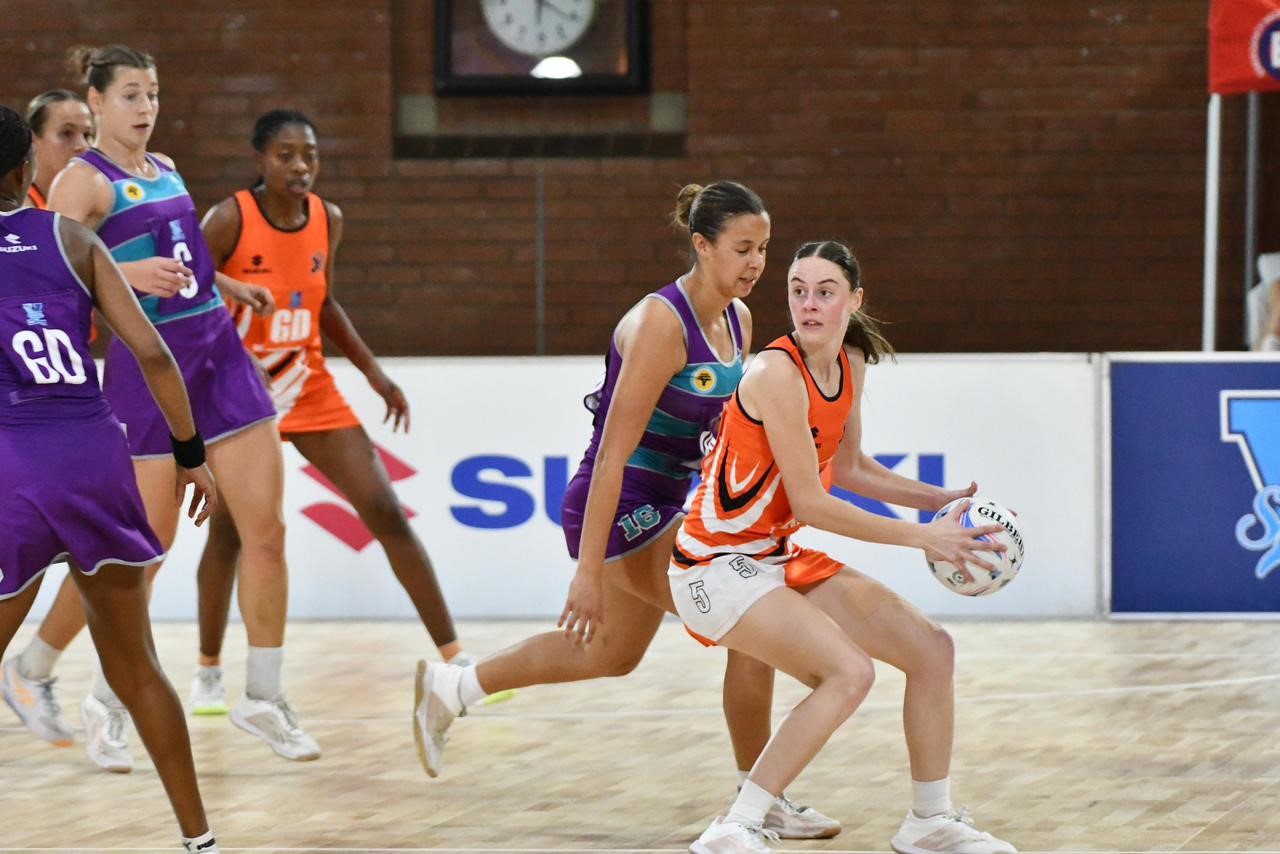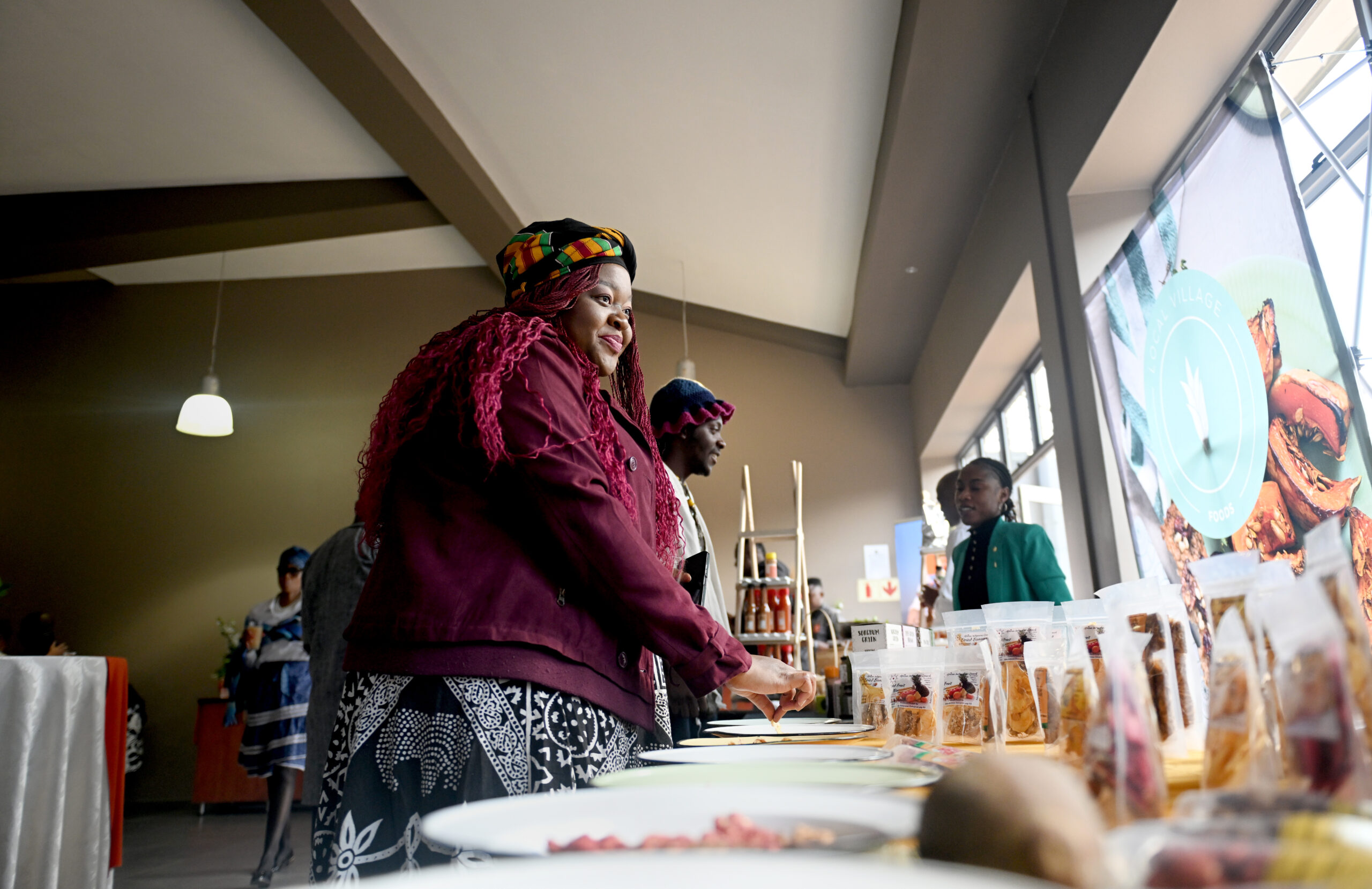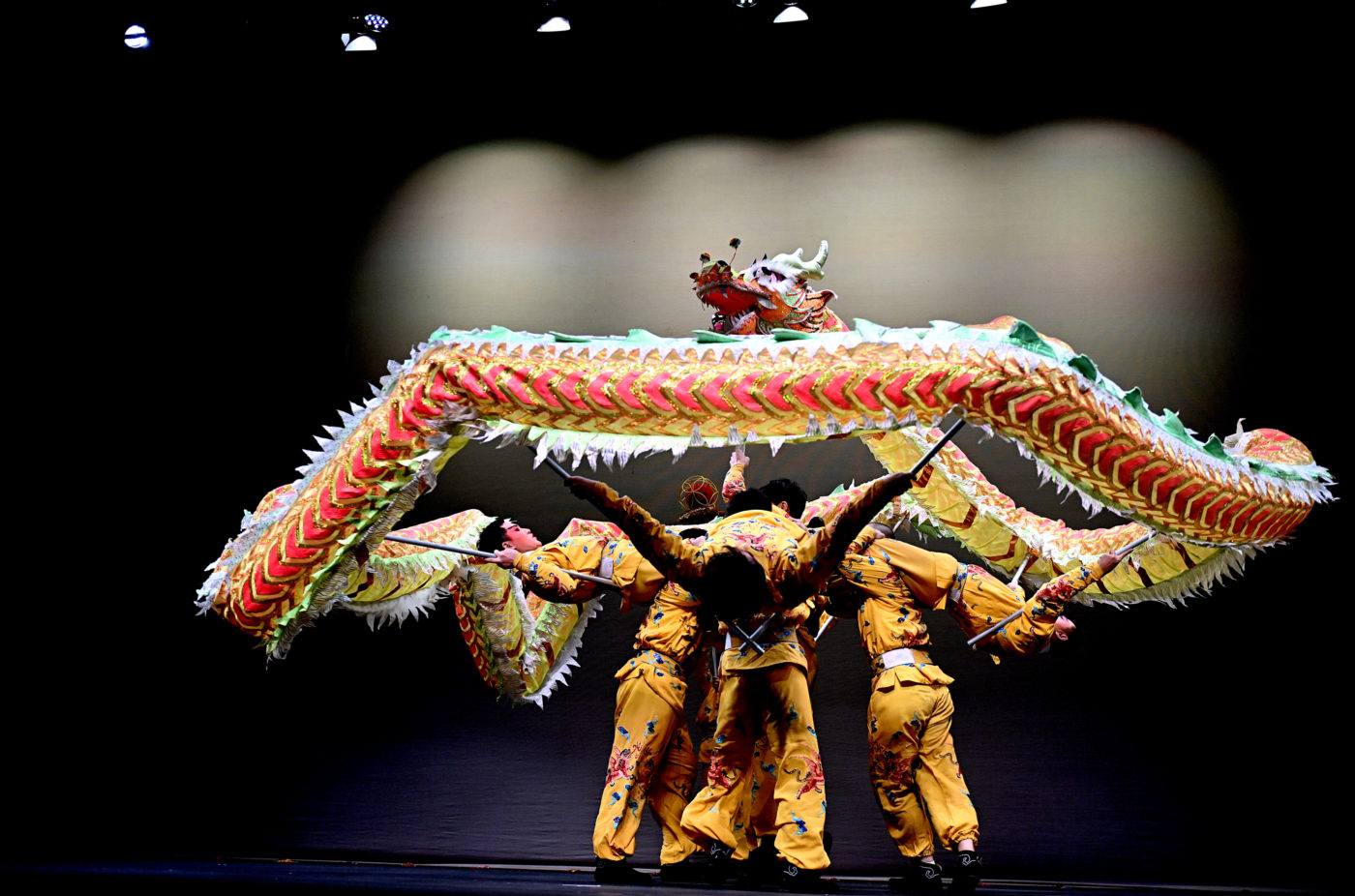Ratlohogo Rafadi is a Research Associate under the SARChI Chair in African Diplomacy and Foreign Policy within the Faculty of Humanities at the University of Johannesburg.
On Freedom Day, South Africans commemorate the first democratic elections of 27 April 1994 ; a historic moment when, for the first time, all citizens could vote regardless of race , but yet today, many of our young people do not understand the power of the right they now inherit.
Many of our youth feel alienated from the political process, disconnected from the sacrifices that birthed our democracy, and uninspired by leadership structures that fail to include them meaningfully and it is for this reason that I feel the GNU must immediately allow the creation of its own youth league organisation in the legislature.
In an astonishing change of events, South Africa embraces a new era with the formation of the 7th Administration under the Government of National Unity (GNU) ; which is led by the African National Congress (ANC), Democratic Alliance (DA), Patriotic Alliance (PA), Inkatha Freedom Party (IFP), GOOD, Pan Africanist Congress of Azania (PAC), Freedom Front Plus (FF+), United Democratic Movement (UDM), Al Jama-ah, and Rise Mzansi .
It is now deeply concerning that the voice of the youth is missing or muted.
The youth, especially those under the age of 35, are the heartbeat of our nation’s future. Yet election after election, voter turnout among young people remains abysmally low.
Many young South Africans see voting as irrelevant, feeling that the political system no longer speaks for them.
This vacuum of engagement not only weakens the representativeness of our democracy but places our future stability at risk.
True democracy demands inclusive participation.
When young people are disengaged, a critical portion of society loses its voice, resulting in decisions that fail to reflect the realities and aspirations of an entire generation.
Increasing youth civic engagement is not optional, but it is essential for building a prosperous, peaceful, and resilient South Africa.
Much of the strength of the GNU lies in its ability to bring together diverse political traditions.
However, unity cannot come at the cost of excluding the generation that will inherit the decisions made today.
Sadly, the current structures, including the ANC Youth League, seem less radical and less representative of the fiery determination that defined movements like the 1976 Soweto Uprising.
Moreover , many of our young people today view those events as distant history, sometimes reduced to school trips or news clips rather than living lessons in civic bravery and not neglecting the fact that ANC is no longer the ruling party and its youth leaders cannot represent the youth under their policies and programs.
A significant gap still remains in addressing the fundamental issues that matter most to young South Africans:
- Accountability and transparency in government.
- Evidence-based policymaking rather than politically expedient decisions.
- A professional, merit-based public service free from cadre deployment.
- Integrity, good governance, and ethical leadership.
Adding to the challenge is the fact that some youth today are disconnected not just politically but culturally, heavily influenced by imported trends that glorify substance abuse , alcohol abuse and materialism.
The consequences are clear in rising drug addiction rates and peer pressure crises among South African youth , resulting to higher levels of violence and crime.
Despite these challenges, the Constitution remains a beacon of hope. Section 17 enshrines the right to peaceful assembly and protest , as a powerful reminder that young of South Africa, does not only have the right but also the duty to organize, speak out, and demand better governance, especially in the government legislature
It is a tragedy when some of these protests are undermined by opportunistic looting and destruction , But it is an even greater tragedy when political leadership fails to guide, empower, and inspire young people towards constructive civic action.
Today, at this 2024 juncture, as the GNU takes shape, we must act decisively and strongly encourage in establishing the political youth league of the GNU, that won’t toe a party “line of any single political party , and will eradicate the ANC hallucinations of being the ruling party.
We must not just build a South Africa “for all” but a South Africa with all the nations, especially our youth involved.
Freedom was not handed to us on a silver platter.
It was fought for, and it must now be defended, expanded, and deepened by a new generation.
The youth are not merely leaders of tomorrow; they are vital participants of today.
It is time we ensured they have special seats at the GNU table and not in symbolic roles, but with real political power and policy decisions to shape the future we all aiming to achieve in South Africa.
*The views expressed in this article are that of the author/s and do not necessarily reflect that of the University of Johannesburg.



